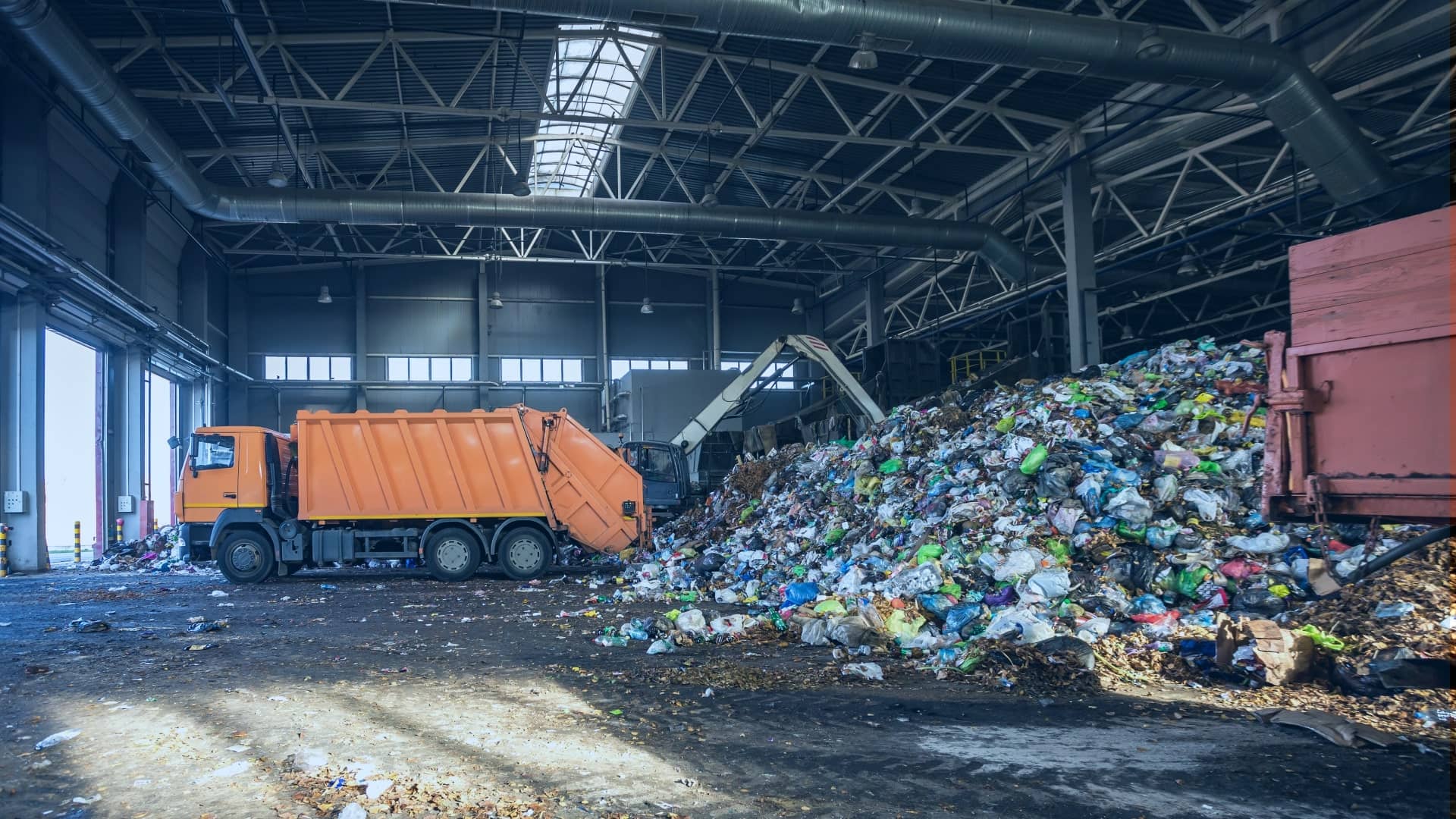The 3-Minute Rule for Reclaim Waste
The 3-Minute Rule for Reclaim Waste
Blog Article
Not known Details About Reclaim Waste
Table of ContentsReclaim Waste Fundamentals ExplainedThe Best Guide To Reclaim WasteThings about Reclaim WasteGetting My Reclaim Waste To WorkReclaim Waste - Questions
Explore the kinds, incidents, and types of fluid waste. Domestic sewage waste describes the waste and items from a residential septic tank. This kind of waste is developed by humans in houses, colleges, and other buildings. This only consists of septic storage tanks that have a drainpipe field. The correct administration and disposal of residential sewage waste call for liquid waste to be transferred to a sewage treatment plant where the appropriate techniques and devices are put on detoxify and throw away waste.
Commercial waste commonly consists of potential risks, such as combustible materials or a blend of fluid and solid waste items, and requires a much more sophisticated and thorough disposal process. The disposal of industrial waste usually includes the filtration of waste before transport to ensure safe and correct disposal. Industrial waste is produced from results and overflow of commercial procedures and production.
This kind of waste can not utilize the exact same sewer monitoring transport or procedures as septic or business fluids. The industrial waste management process requires the assessment and screening of fluid waste prior to it undertakes the disposal procedure (liquid waste removal). Drainage waste is the fluid waste that originates from drainage and excess stormwater in very booming locations or cities
Drainage waste can create contamination and flooding otherwise dealt with correctly. Find out more concerning sewage system cleaning and waste administration. Making sure appropriate waste administration can avoid catastrophes and decrease environmental harm. Both individuals in residential settings and professionals in commercial or manufacturing industries can gain from recognizing the procedures and laws of liquid waste administration.
More About Reclaim Waste
Get in touch with PROS Services today to learn more about our waste management and disposal services and the correct methods to take care of the fluid waste you produce.
(https://www.tripadvisor.in/Profile/reclaimwaste1)This supposed 'wastewater' is not just an important source but, after therapy, will be launched to our land, rivers or the ocean. Made use of water from toilets, showers, bathrooms, kitchen sinks, washings and industrial procedures is known as wastewater.

water utilized to cool down machinery or tidy plant and tools). Stormwater, a type of wastewater, is runoff that moves from farming and metropolitan locations such as roof coverings, parks, gardens, roadways, paths and seamless gutters into stormwater drains, after rainfall. Stormwater streams without treatment directly to regional creeks or rivers, at some point reaching the sea.
The Ultimate Guide To Reclaim Waste
In Queensland, most wastewater is treated at sewer therapy plants. Wastewater is transported from domestic or industrial sites through a system of sewage systems and pump terminals, known as sewerage reticulation, to a sewage treatment plant.
The Department of Natural Resources recommends local federal governments concerning handling, operating and maintaining sewage systems and therapy plants. In unsewered areas, city governments might call for homeowners to set up individual or household sewer therapy systems to treat domestic wastewater from commodes, cooking areas, restrooms and laundries. The Department of Natural Resources authorizes the usage of house systems when they are confirmed to be reliable.
In some brand-new neighborhoods, treatment of some stormwater to eliminate clutter, sand and gravel has begun making use of gross contaminant find more info traps. Wastewater therapy takes place in four stages: Removes solid issue.
Makes use of little living microorganisms knows as micro-organisms to break down and get rid of remaining dissolved wastes and great fragments. Micro-organisms and wastes are incorporated in the sludge.
The Definitive Guide for Reclaim Waste
Nutrient elimination is not offered at all sewage therapy plants because it requires pricey specialised equipment. Clear fluid effluent generated after therapy may still contain disease-causing micro-organisms - liquid waste removal.

Many wastewater moves into the sewage system. Under the Act, regional federal governments provide authorizations and licences for eco relevant tasks (ERAs) including wastewater releases that could have a regional effect.
Little Known Facts About Reclaim Waste.
Otherwise, examples are considered laboratory analysis. Frequently lots of examinations are required to develop the levels of each of the different contaminants such as oils, heavy steels and chemicals in water. Surveillance gives factual information regarding water high quality and can validate that permit problems are being met. The information obtained through tracking supplies the basis for making water high quality choices.
Report this page